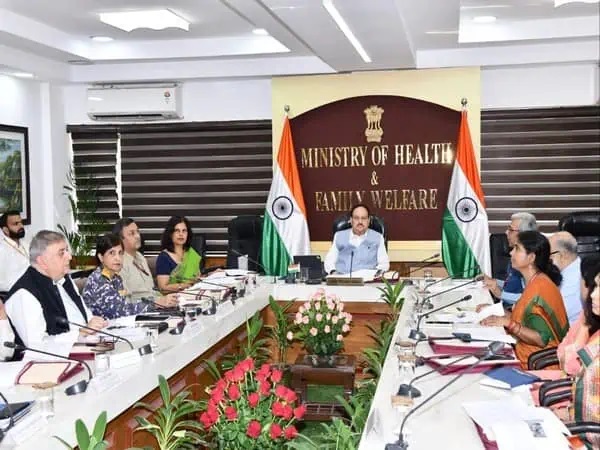Union Health Minister Jagat Prakash Nadda launched five new health research initiatives under the Department of Health Research – Indian Council of Medical Research (DHR-ICMR), as part of the 100-day agenda to advance India’s position in global health research and innovation. These efforts are in line with the country’s vision of a “Viksit Bharat” (Developed India), according to an official release.
In his remarks, JP Nadda emphasized, “These groundbreaking initiatives reflect our commitment to building a healthier, more self-reliant India. By encouraging indigenous innovation and investing in cutting-edge research, we are equipping our nation to effectively address pressing health challenges.”
Dr. Rajiv Bahl, Secretary of DHR and Director-General of ICMR, added, “The ‘First in the World’ Challenge, among other initiatives, will empower Indian scientists and innovators to create pioneering health technologies. Our goal is to foster an environment where research thrives, benefiting not only India but the world at large, and solidifying our nation’s global standing in medical research.”
The “First in the World” Challenge, inspired by the success of Chandrayaan-3, is a major initiative designed to promote the development of groundbreaking health technologies. This high-risk, high-reward program will provide funding for projects at various stages, from proof-of-concept to prototype and final product development.
Additionally, under the Pradhan Mantri – Ayushman Bharat Health Infrastructure Mission (PM-ABHIM), ICMR will upgrade its existing Viral Research & Diagnostic Laboratories (VRDLs) to Infectious Disease Research and Diagnostic Laboratories (IRDLs). These enhanced facilities will expand diagnostic capabilities beyond virology to include bacteriology, mycology, and parasitology, strengthening India’s capacity for comprehensive disease surveillance and rapid response to infectious threats.
ICMR also launched the ICMR Data Repository, a secure and centralized platform providing high-quality datasets with a focus on data integrity and privacy.
The UNNATI Initiative (Upgrading Norms for Nutrition, Growth, and Development Assessment of Indian Children) aims to create India-specific standards for child growth and development, addressing the limitations of current WHO benchmarks.
As reported by thenewsmill, further, ICMR is focusing on drug development for rare diseases, including Gaucher Disease and Sickle Cell Disease. These efforts aim to make affordable and effective therapies available domestically, reducing reliance on imported treatments while improving patient accessibility. Ongoing projects span clinical trials, animal studies, and early-stage design phases.
























